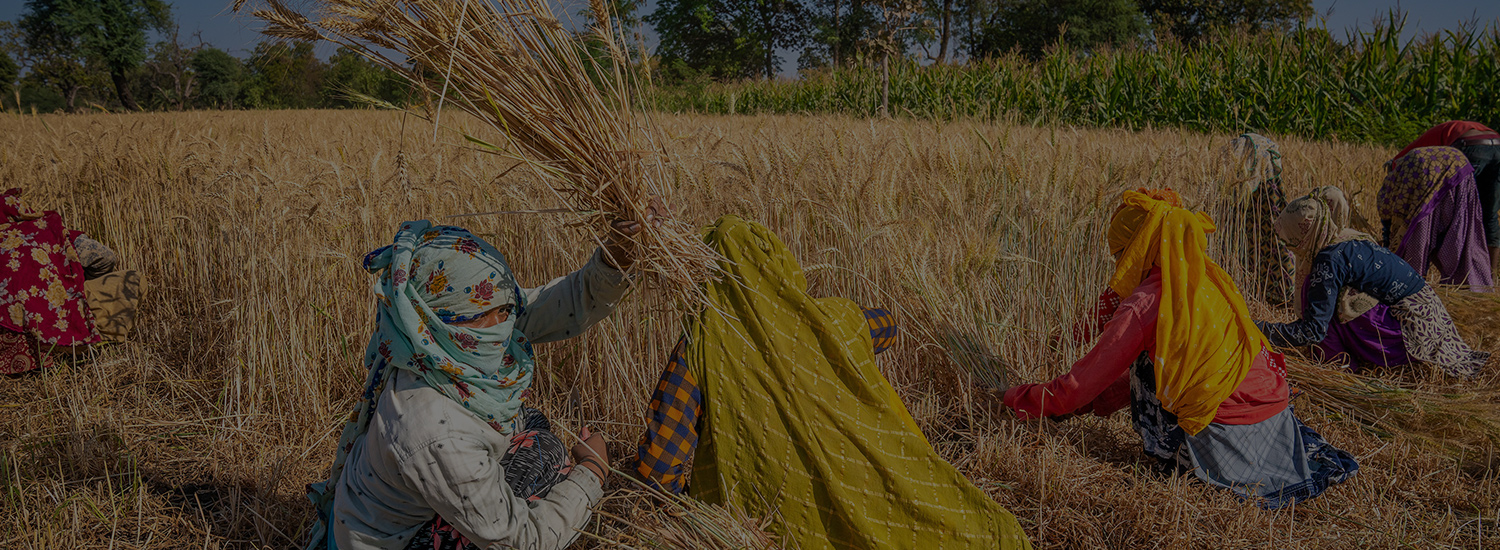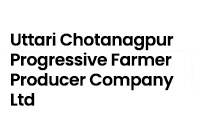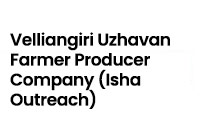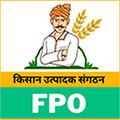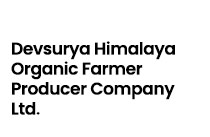An enabling ecosystem needs to be created to facilitate emergence of robust FPOs with integration of multiple stakeholders.
The primary goal of NAFPO is to focus attention on the immense opportunity that Farmer Producer Organizations (FPOs) present to transform agriculture in India and contribute towards the visionary goal of doubling farmers’ income.
About NAFPO
National Association for Farmer Producer Organisations (NAFPO) is registered as a non-profit, multi-stakeholder owned platform to support institutional development and business stabilization for Farmer Producer Organizations (FPOs).
Guiding Objectives

Developing Market Access and Financial Linkages

Capacity Building of Professional management support

Strategy endorsement for FPO advancement
State of the Sector Report 2025
Farmer Producer Organisations in India
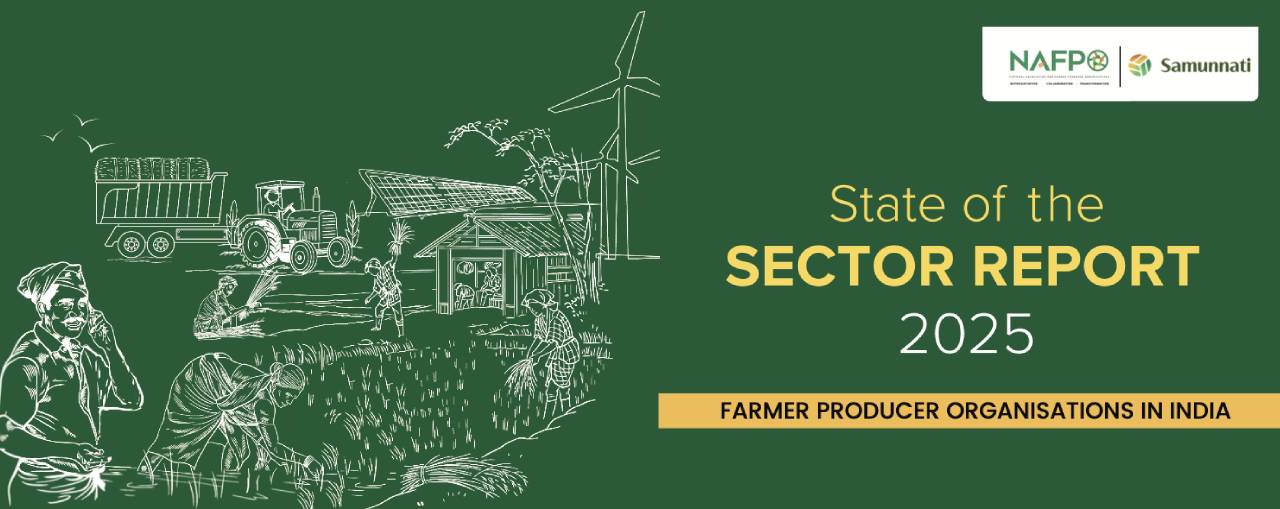
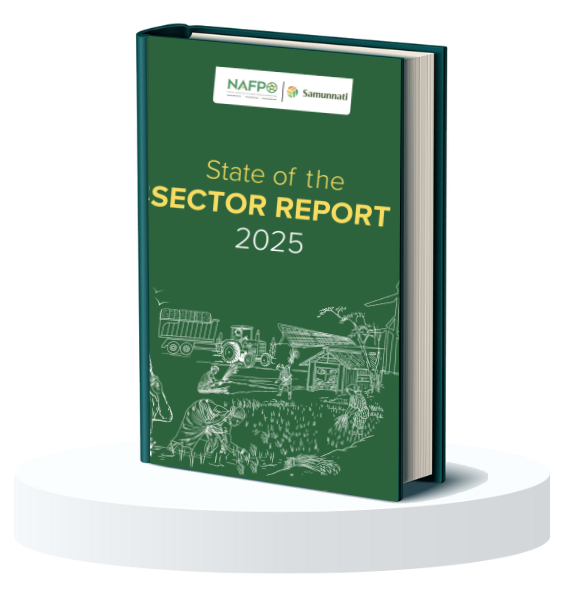
About
State of the Sector Report – Farmer Producer Organisations (FPOs) 2025 is the annual offering from the National Association of FPOs (NAFPO), in continuance of its tradition of updating the stakeholders of developments in the sector through a set of articles that showcase encouraging happenings in the sector.
The current edition of SOFPO (State of Sector Report – FPOs) presents the statistics of pertinence, highlighting the total number of FPOs registered till March 2025. The focus has been on organizations floated as Farmer Producer Companies, which numbered over 44,000. The figure does not incorporate other producer-owned, producer-driven organizations such as cooperatives. Maharashtra tops the list with over 14,700 FPCs, followed by Uttar Pradesh and Madhya Pradesh. This edition builds on the pioneering Ease of Doing Business for FPOs (EODBF) Index, and readers would find interesting insights that come forth from the Index.
The other chapters draw from first-hand observations of development sector practitioners, lenders, researchers and scholars who have been working closely with the sector. The overarching theme of these chapters is the necessity of developing FPOs as institutions, and the very institutionalization of relevant processes. The authors have highlighted how well-functioning FPOs can be groomed to become the handholding agents of other upcoming FPOs; how independent directors could act as nodes for connecting them with other stakeholders besides bringing in valuable expertise; and the way FPOs can contribute as institutions for delivering policy objectives. Interestingly, despite being nascent themselves, FPOs could also act as seeders and drivers of innovations by engaging with start-ups across different domains.
This year’s SOFPO has another pioneering chapter that estimates demand for credit in the sector, and an essay that brings forth how FPOs could fail, a topic that warrants open discussion.
Please wait…


